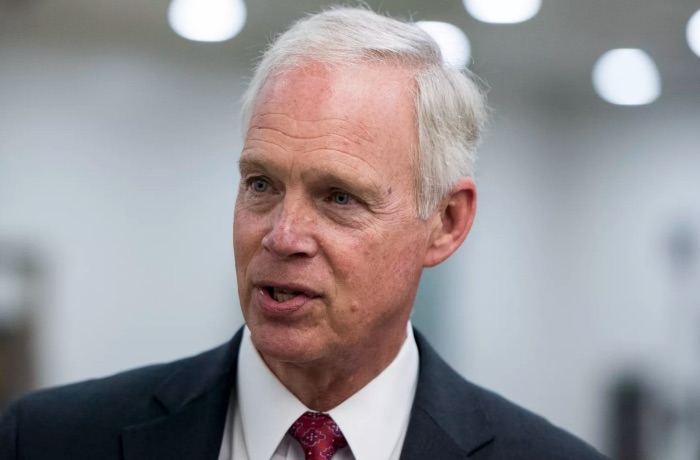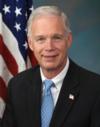Education
Elementary and Secondary Education
Before serving in the Senate, Senator Johnson volunteered as the business co-chairman of the Partners in Education Council of the Oshkosh Chamber of Commerce. He worked with teachers, principals and local leaders in Oshkosh to help provide students with the tools they needed to lead productive and successful lives.
Serving on the council made Senator Johnson aware of the challenges facing educators today. It also confirmed his belief that good teachers know how to teach and that local administrators know how to run their schools. Educational decisions should be made as close to local schools and classrooms as possible.
Efforts to improve the federal government’s influence on the country’s education system culminated in the reauthorization of the Elementary and Secondary Education Act, which first passed in 1965 and was last reauthorized by the No Child Left Behind Act in 2002.
This strong bipartisan reform, titled the Every Student Succeeds Act, was signed into law in December 2015. It reauthorized federal K-12 education funding through fiscal year 2020. Senator Johnson supported this legislation as a step in the right direction toward less federal control over education. It is a prime example of achieving a successful result by concentrating on areas of agreement — an approach Senator Johnson fully supports and practices. It represents a compromise and addresses many of the aspects of No Child Left Behind that were causing more harm than good, such as excessive testing and too much federal control over education decisions.
The Every Student Succeeds Act shifts power away from Washington and toward states, communities, and the teachers and parents who are at the front line of education. Returning power to those closest to children will help educators perform their work more effectively and efficiently, and it gives students a better chance of success.
Parental School Choice
Senator Johnson supports further efforts to encourage choice in education. Students and parents should have the flexibility to choose the type of education that best suits their individual requirements. As chairman of the Senate Committee on Homeland Security and Governmental Affairs, Senator Johnson held hearings related to the D.C. Opportunity Scholarship Program, which lets families choose the schools they think will best suit their children’s needs. One of these hearings was held in Milwaukee to highlight the longest-running and most successful school choice program in the country, the Milwaukee Parental Choice Program. The hearing allowed Milwaukeeans who teach some of the city’s most disadvantaged children to discuss what works – and it gave the committee a chance to hear from graduates of successful Milwaukee schools.
Higher Education
The federal government provides billions of dollars every year to students through various student aid programs such as Pell Grants and Perkins Loans. These efforts are an attempt to improve access to higher education, a result that we all want. However, higher education remains out of reach for many Americans. Tuition at colleges has increased more than 2.5 times the rate of inflation. The best evidence shows this may have been an unintended consequence of the government’s involvement, with research showing each new dollar in federal student aid causing tuition to rise as much as 65 cents. Student loan debt has ballooned over the past two decades. The federal government has lured students into so much borrowing that there is now $1.2 trillion in student loan debt outstanding and an average bachelor’s degree recipient owing more than $26,000 in debt to the government. This financial burden hurts individuals and the country in many ways.
As chairman of the Senate Committee on Homeland Security and Governmental Affairs, Senator Johnson held a committee hearing to expose the U.S. Department of Education’s effects on higher education and students. His committee heard witness testimony from both government and outside experts. All agreed that the federal government’s role in higher education must be reformed.
Meanwhile, we must ensure that current students are secure in their current arrangements. Senator Johnson was a strong proponent of the effort to extend the Perkins Loan Program in late 2015, ensuring that students already participating in the program could continue. The decades-old program partners with colleges and universities to provide assistance to more than 20,000 low-income students in Wisconsin each year, and an extension provided greater certainty as Congress continues its work toward broader reforms in federal student aid.



